What does “the medium is the message” mean?
“The medium is the message” was coined by media theorist Marshall McLuhan in his book, Understanding Media. It’s also the name of the first chapter of that book. I’ve written a summary of Understanding Media, and include it in my list of best media studies books, but here I explain what it means.
McLuhan says:
The medium is the message. This is merely to say that the personal and social consequences of any medium – that is, of any extension of ourselves – results from the new scale that is introduced into our affairs by each extension of ourselves, or by any new technology.
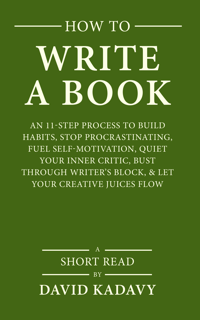
WANT TO WRITE A BOOK?
Download your FREE copy of How to Write a Book »
(for a limited time)
In other words, it’s not the content of the medium that matters. Instead, the characteristics of that medium determine its content.
Media are extensions of ourselves
Let me break down some ideas within this quote. First, McLuhan refers to media as “extensions of ourselves.” Remember, the subtitle of the book is Extensions of Man. To McLuhan, media is anything that extends human capabilities.
As he says, “Any extension, whether of skin, hand, or foot, affects the psychic and social complex.” In other words, any media extends our capabilities. In the process, it changes how we think, and how we interact with one another.
Media changes our “sense ratios”
Every medium alters what McLuhan calls “sense ratios.” We read a book with our eyes and mind. We watch television with our eyes and ears. The content of the medium comes to us through specific senses (sight, sound, touch, thought, etc.). That affects how we use our other senses.
Imagine a chimp fishing ants out of an anthill with a stick. The stick is an extension of her hand. While she’s holding that stick, she can’t use that hand for some other purpose, such as to defend herself from an attack by another chimp.
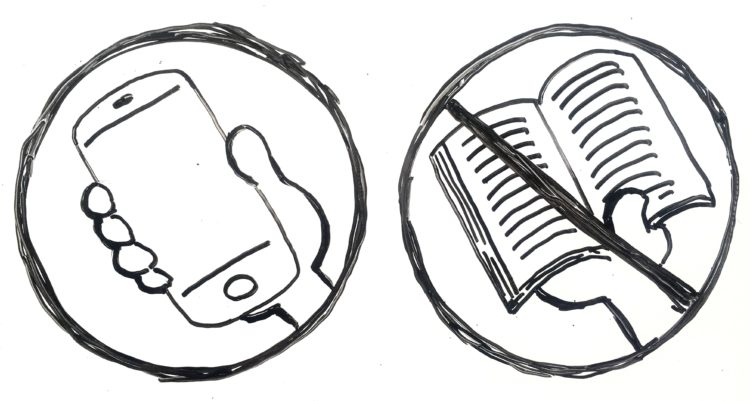
So as a medium makes one thing easy, it makes other things hard.
As you read this summary, you’re using different senses than if you had been listening to it. If you’re reading, you can easily re-read parts. If you were listening to me deliver it as a speech, you could only rely upon how fast you could take notes, or your short-term auditory memory.
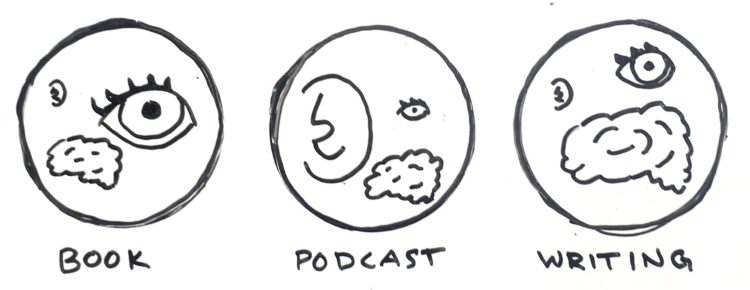
If you’re reading on a laptop or a phone or an ebook reader, each of these devices will also change how you engage with the content. Reading on an ebook reader while lying alone on your couch is different than listening on a subway surrounded by people, or listening on a bluetooth speaker while cooking dinner.
The medium itself alters the content
A really subtle part of McLuhan’s basic description is that “personal and social consequences of any medium…[result]” from this altering of sense ratios.
What’s subtly implied here is that the content we’re so often concerned about – violence in video games, for example – is really caused by the medium itself.
As I write this summary, I’m thinking about what medium you’ll use to consume it. That’s changing the decisions I make.
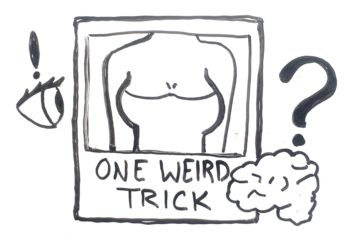
I know if you find this summary through a search engine, you’ll be in a hurry. I know that search engines will rank my article based upon signals that suggest whether or not it was helpful for you. For these reasons, I’m trying to break up the article, so you can skim it in a hurry.
McLuhan doesn’t say this specifically, but any medium is Darwinian in nature. Only organisms suited for their environment survive. Only messages suited for the environment created by their medium survive. The medium is the message.
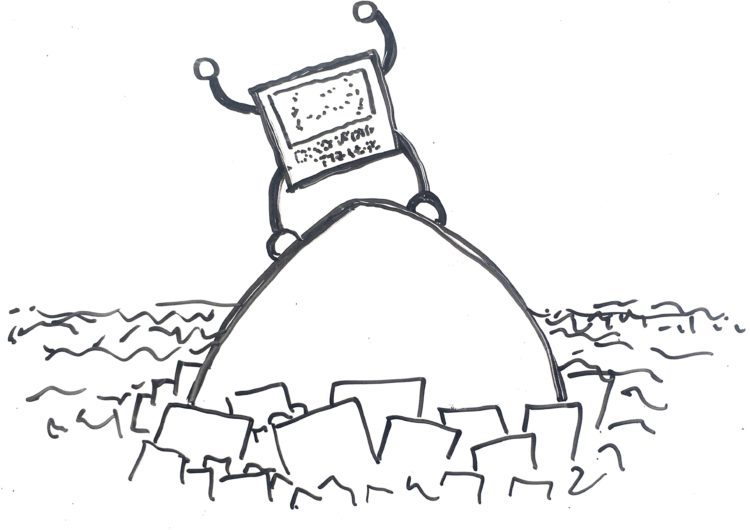
Media have social consequences
So media extends our capabilities, alters our sense ratios, and shapes the messages within the media themselves. This has social consequences.
Here’s some examples of how media affects society, from today’s world:
- Road rage: It is easier to yell at someone in another car while you’re speeding away in your car than it is to say the same thing in an aisle in the grocery store. You get road rage.
- Porn addiction: It is easier to look up porn on the internet to satisfy any sexual fantasy you might have than it is to deal with actual human relationships that normally surround sex. You get porn addiction.
- Fake news: It is easier to share on Facebook an article you agree with, but that isn’t true, than it is to stop and study the article to consider whether it is true. Additionally, the attention that message gets makes Facebook money. So as more people share the article, it further fuels the message. You get fake news.
Yes, every new medium has brought about new and strange behaviors people criticize. Yes, those behaviors are often a re-invention of existing behaviors. But that’s the point McLuhan is making – the characteristics of a medium change the message. That in turn heightens and dampens various aspects of our behavior.
For review, here’s the passage again:
The medium is the message. This is merely to say that the personal and social consequences of any medium – that is, of any extension of ourselves – results from the new scale that is introduced into our affairs by each extension of ourselves, or by any new technology.
If you want to learn more about what “the medium is the message” means, and learn other theories related to it, read my summary of Understanding Media.

